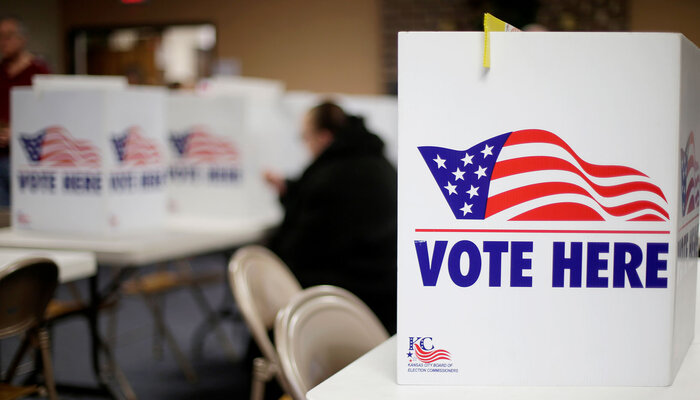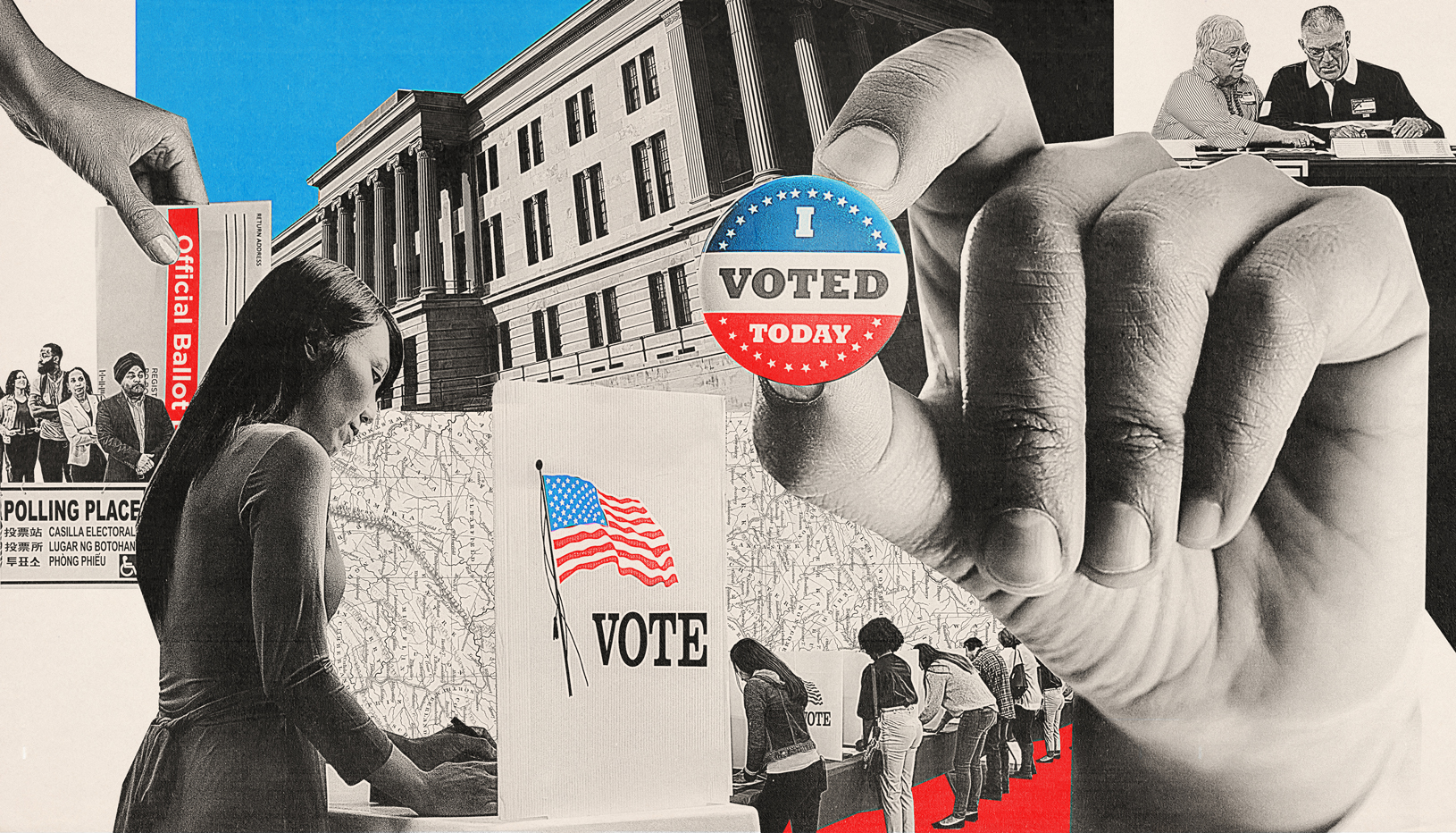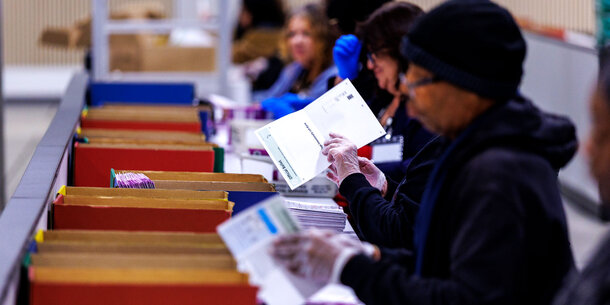You’re reading The Briefing, Michael Waldman’s weekly newsletter. Click here to receive it every week in your inbox.
As we all know (all too well), after the 2020 election Donald Trump and his allies assaulted our democratic system. How vulnerable is it in 2024?
We’ve closed some of the loopholes they exploited — for example, Congress updated the Electoral Count Act — but far too many remain. If Trump, or any defeated candidate, were to deploy the same tactics in 2024, we would still be relying on the goodwill and law-abiding honesty of individual officials to ensure a smooth and lawful transition. That’s not good enough. U.S. democracy is built on checks and balances — a robust set of defenses to ensure that a faithless individual cannot undo the people’s will.
In anticipation of the 2024 election, my colleague Alice Clapman has written a new report to guide state legislatures and policymakers on how to shore up their electoral systems against the attacks of election deniers.
It spells out the five key steps every state should take to get ready for 2024. They should clarify limits on the discretion of local officials certifying election results. They need to strengthen laws that channel election disputes to the state courts rather than the legislature or another body and set clear standards for resolving these disputes. They should make a plan to send out accurate information to give voters confidence and preempt disinformation. That requires money and can’t wait until Election Day. They should bolster election administration with training, written guidance, and investment in equipment, security, scenario planning, staffing, and supplies. And they should enact, if they haven’t already, stronger laws against intimidation of voters and election workers.
How close are we to protecting elections in this way? Several of the states that Trump specifically targeted in 2020 remain vulnerable to election subversion.
Georgia, whose data systems were breached by insiders sympathetic to Trump, must implement best practices for preventing, detecting, and confirming similar breaches in the future.
Arizona needs to prohibit partisan interference in the vote-counting process.
Pennsylvania should clarify its laws so that mail ballots with minor bureaucratic errors can be cured and rightfully counted.
Wisconsin should allow election officials to begin processing absentee and mail ballots before Election Day to prevent another “red mirage” — the false impression that a Republican has won on Election Day, later reversed as mail ballots are counted in the ensuing days — which undermines confidence in the count.
Nevada must work to train its new election officials, as a generation of experienced workers left the field following threats of violence and political interference.
Even Michigan, which has made significant strides toward preventing another 2020, can do more, including banning firearms at polling places, drop boxes, and counting facilities.
Of the many tasks ahead, states must find a way to count ballots as early in the process as possible. Wisconsin and Pennsylvania must change their laws so clerks don’t have to wait until Election Day, a critical reform to deprive conspiracy theories of kindling.
This new agenda for the states, I think, is one of the most important things the Brennan Center has published in a long time. The 2024 election is critical for the fitness of our democracy — and for increasing the chance that voters will trust results. We should all insist that states erect these basic protections.





